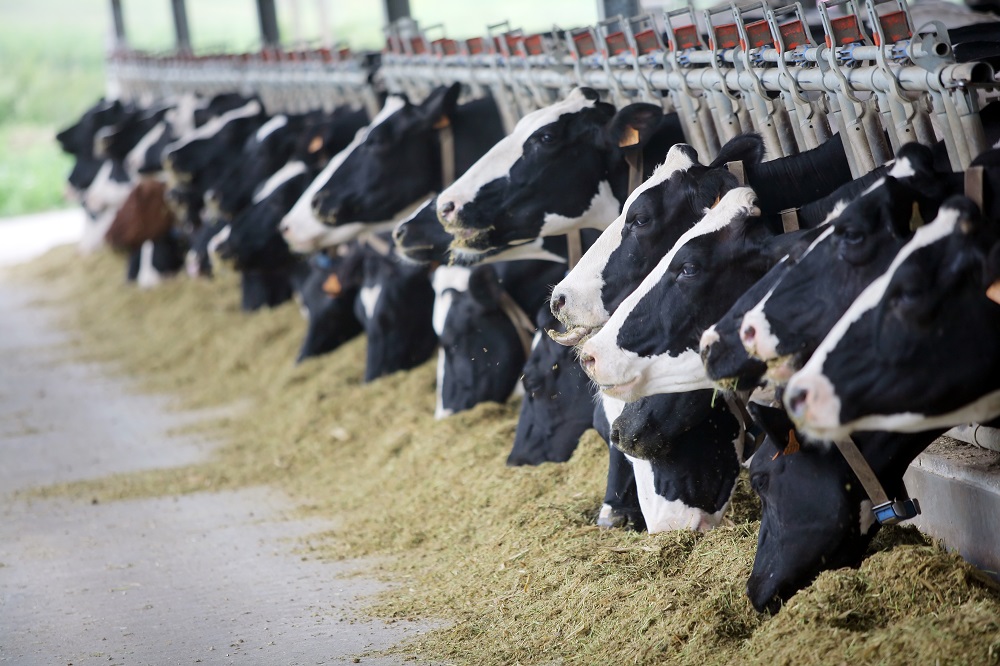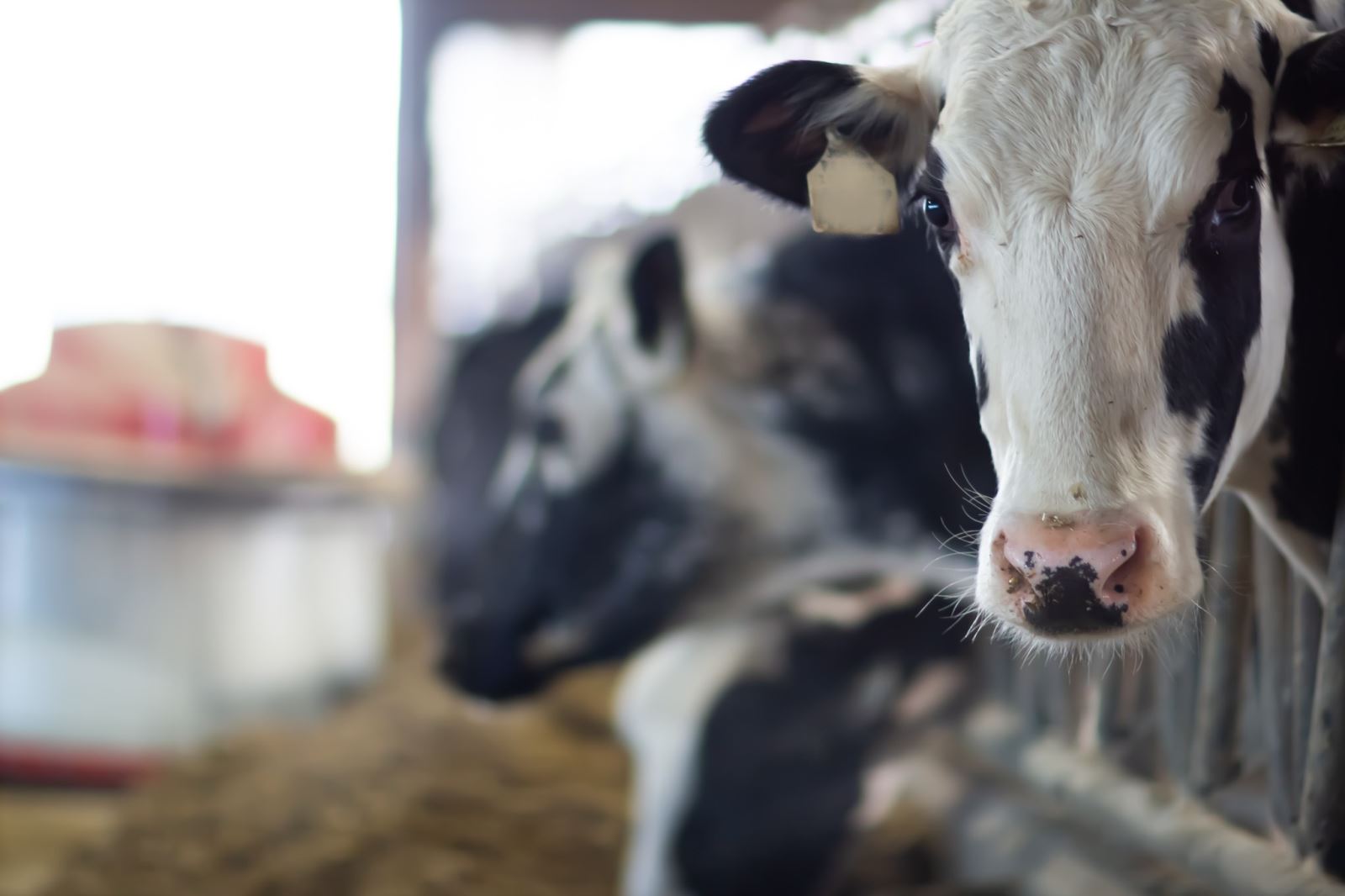Jones Feed Mills dairy rations are carefully formulated to produce the results you are looking for, while maximizing the usage of your on-farm forages and grains. Ration formulation is performed by experienced staff, using industry leading software and technology. Customized rations are available for all phases of your operation.
At Jones Feed Mills we understand that making a good product is only part of the process to ensure you receive the results you are seeking. The Jones Dairy Team is made up of a team of dedicated individuals, with varying expertise across the dairy industry. We use a team approach to troubleshoot and assist you wherever we can.
Jones On-Farm Dairy ServiceS INCLUDE:

- Feed Analysis
- Dry-Matter Testing
- Feed Evaluation
- Manure Scoring and Analysis
- Body Condition Scoring
- Quota Management
- Robot data monitoring
- Ration inputting (electronic feeding systems)
- TMR Audits
- Mixer Evaluation and Trouble-shooting
- Cow Comfort
- Ventilation Audits
- Calf and Heifer Management
Feeds Available:
- Complete line of Jones-branded products available for calves through to calving
- Calf Starter and Grower Feeds and Supplements Available
- Conventional, Non-GMO and Organic Feeds Available
A note from our Nutrition Department:
It is ideal to have corn silage available from the previous year to feed though the harvest and curing period of new corn silage, though this isn’t always possible. Fresh silage tends to be high in sugar and low in fermentable starch, meaning lower available energy in fresh feed compared to well fermented corn silage. Feeding fresh corn silage can cause a decline in production, so nutritional strategies should be implemented to maintain production.
- Test fresh corn silage ASAP so appropriate adjustments can be made in a timely manner. Retest and check dry matters regularly.
- Reduce the amount of corn silage in the ration until the fermentation process is complete. This can decrease the effect of the quickly changing silage pH on rumen bacteria.
- Adjust the amount of grain in the diet. Under the guidance of your nutritionist, adjust the amount of grain in the diet to maintain energy levels to support production.
Support rumen health and pH throughout the transition period with yeast and buffers.
